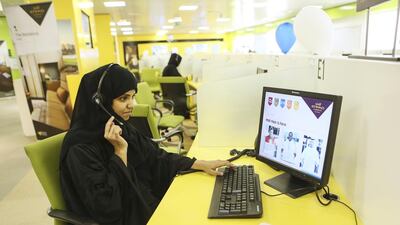Social engagement describes participation that builds and strengthens social capital and norms. This usually involves activity (doing something), interaction (at least two people need to be involved) and social exchange (giving or receiving something from others). Two key characteristics of social engagement are a lack of compulsion from an external force and an absence of remuneration or receiving payment.
There is some evidence that due to modern communication technologies, especially social media, individuals around the world have become more engaged in distant or virtual communities, decreasing their involvement in their local communities.
The promotion of positive behaviour in and opportunities for social engagement are additionally seen as key goals in helping to shape positive attitudes in society’s youth.
Abundant evidence suggests that high levels of social engagement are also associated with improved individual happiness, health and general well-being.
Previously on these pages, I described historical aspects of Emirati society as they existed before the cultural changes that hit the country from the late 1970s onwards. Before that time, society was dominated by strong, extended family units and people appeared to be very much more socially engaged.
Cycles of activity, interaction and exchange occurred on a daily basis as hundreds of small communities sought cohesion, strengthened by everyone’s interdependent roles, from the senior village leaders to young children completing their chores.
All that began to change after the discovery of oil that led to the influx of foreign workers to build the country’s infrastructure and oil extraction sector, and the arrival of service workers from around the world in diverse fields such as education, banking and hospitality.
From being a group of independent emirates that had endured hard times after the collapse of the pearling industry, the UAE became one of the world’s largest oil producers. Despite successful attempts to diversify its economy in recent years, the UAE remains dependent upon oil exports for 30 per cent of its gross domestic product.
The oil years have delivered many benefits, including widespread affluence, as well as good schools, health care and infrastructure.
Unwittingly, this has also unleashed several documented negative social effects that collectively contribute towards a sense of dependence, social disengagement and learnt helplessness.
A lack of interest in learning and education, a disjunction in the popular mind between work and education and, indeed, between income and reward, are indicative of high per capita incomes, affluent lifestyles and rapid modernisation.
In plain speech, this means that income, the reward for labour, is no longer connected to work or effort. Numerous examples in recent years of the settlement of defaulting personal loans suggest a weakening in the link between actions and consequences, reducing overall personal responsibility and accountability.
This is played out by some young men who forsake higher education to secure the income necessary to buy “things” and eventually get married.
On the other hand, Emirati women perceive higher education as an opportunity to forge an independent career and to attract a more educated potential partner.
For the most part, modern married couples appear to chase quantity of life in the form of extravagant personal spending, often resulting in severe debt.
Quality of life, which includes feelings of self-worth, happiness and fulfilment appears to hold a much lower status in the minds of many young couples today.
Extended family interaction and exchange, though still very important, becomes difficult to manage as both partners may commute to neighbouring emirates for work or take a modern view in living away from the traditional extended family home.
In short, the appearance of the Emirati nuclear family living sometimes in isolation from the extended family unit has resulted, in part, in higher divorce rates due to a lack of family and community support for the couple.
Attached to social media, fatigued from the demands of balancing work and family life, and uncertain about the future, young Emiratis today, both single and married, are facing difficult life journeys despite the enormous reservoir of community goodwill and state-sponsored support systems established to assist them.
On the positive side, social engagement is observed in the volunteers who man the numerous Beit Al Khair booths around the country, and in the beach and wadi clean-ups by young Emiratis that deservedly attract media attention.
For example, youth-orientated programmes, such as Takatof and Sanid within the Emirates Foundation, provide opportunities for young Emiratis to volunteer for important social causes and to augment the national emergency response, thereby increasing social inclusion and individual engagement, leading to greater empowerment.
The country needs socially engaged youth who are ready to step up and grab their futures with both hands, eager to make their mark in a world they are helping to create.
Dr Peter J Hatherley-Greene is director of learning at Emarise

